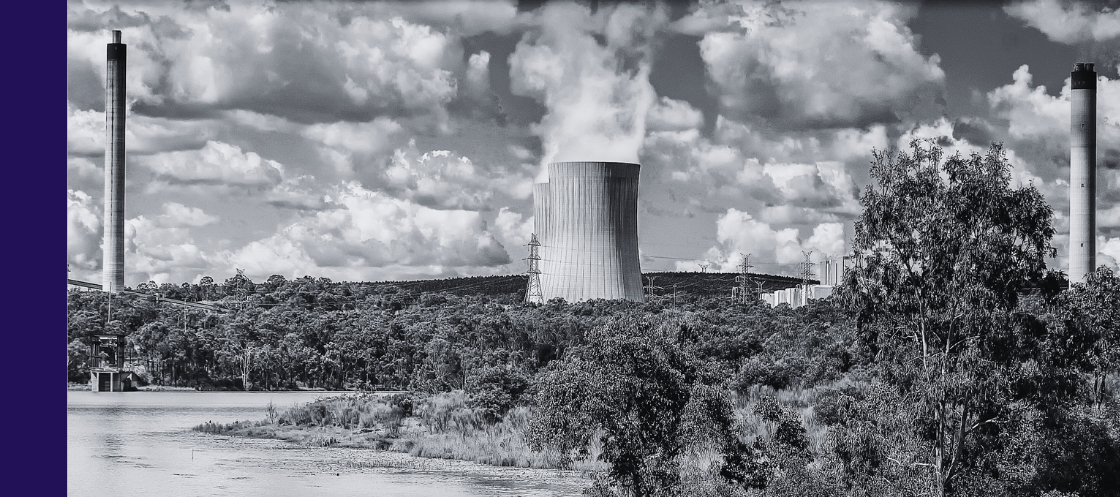Report: Ageing coal fleet undermining energy security as batteries step up
A new report commissioned by the Climate Council has found that Australia’s reliance on outdated coal-fired power stations is causing energy security risks, particularly during summer months.

Australia’s coal power stations are ageing and increasingly unreliable, with over 60% of the fleet more than 40 years old, according to a new report from consultancy firm Baringa, commissioned by the Climate Council. The study, Lights Out: Ageing Coal and Summer Blackouts, outlines the need to transition from coal to renewable energy supported by storage solutions like batteries and pumped hydro.
The report identifies New South Wales as particularly vulnerable due to the age and condition of its coal-fired power stations, with many of these plants having been built in the 1980s or earlier. The analysis suggests that unplanned outages in the state’s coal fleet have contributed to power supply risks, particularly during summer when demand peaks. The study found that coal power has been less reliable during periods of high outage risk, with availability up to 20% lower than during typical conditions. Hot weather combined with unplanned coal outages has created critical challenges for the grid, increasing the likelihood of blackouts.
During the November 2024 heatwaves, the report notes that one-third of New South Wales’ coal units were offline for repairs. This situation prompted the Australian Energy Market Operator (AEMO) to issue blackout warnings and put large-scale batteries on standby. According to the findings, these batteries delivered up to 200 MW of electricity during this period, enough to power over 150,000 reverse cycle air conditioners. The report highlights this as evidence of batteries’ growing role in stabilising the grid when coal falters.
Peter Sherry, Partner at Baringa Partners, reinforced the urgency of the transition. “Our analysis finds that coal generators in the National Electricity Market become less available with age, particularly beyond 40 years. Given asset age, as well as continued declines in technology costs, our projections indicate that most of Australia’s coal generation will be replaced by renewables and firm technologies like storage within the next ten years.”
The report’s findings suggest that New South Wales, which has some of the oldest coal power stations in the country, must prioritise investments in renewable energy and storage technologies to address these challenges. The study emphasises that batteries have already demonstrated their value in managing grid stability and could play a larger role as coal capacity continues to decline.












